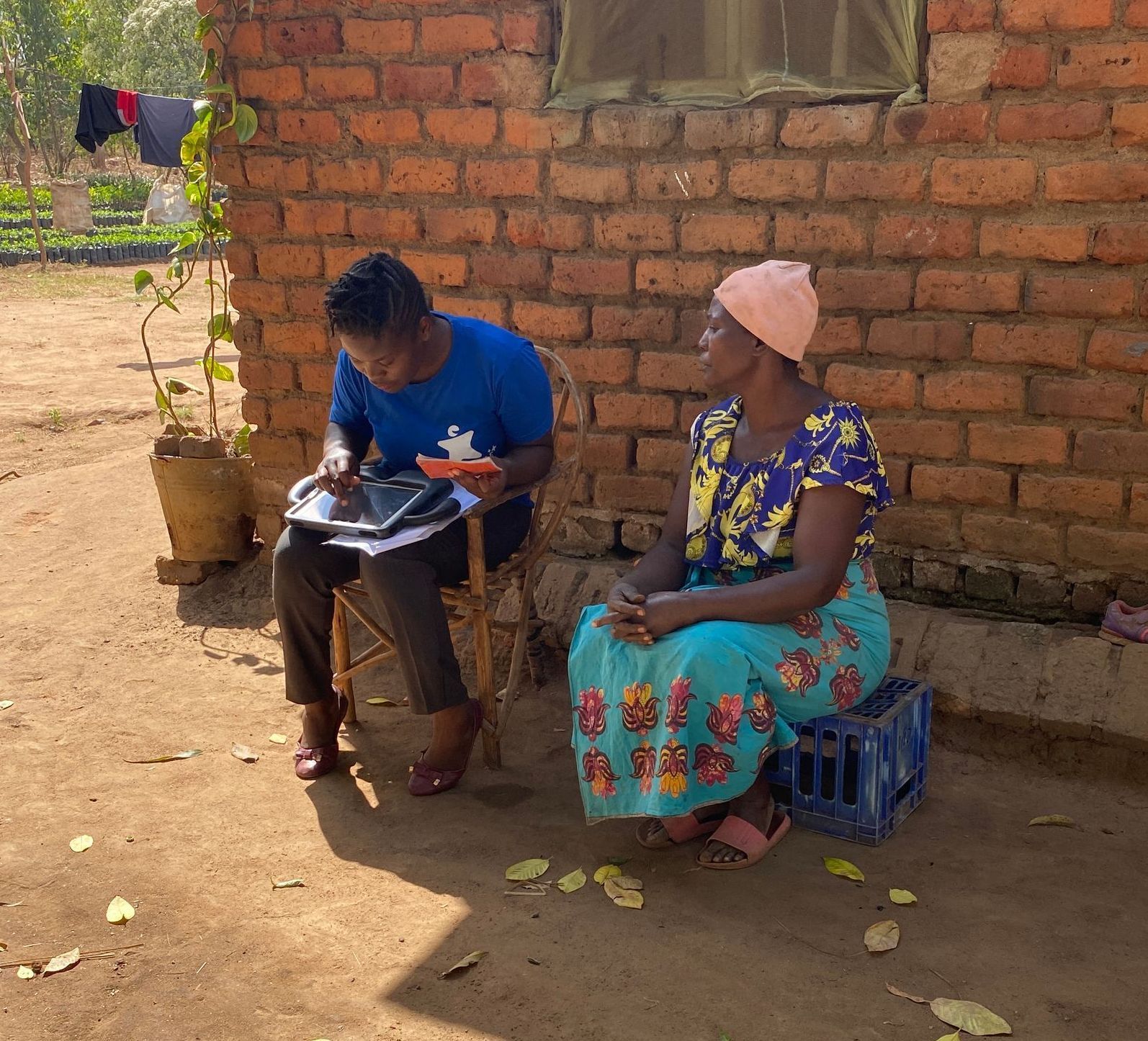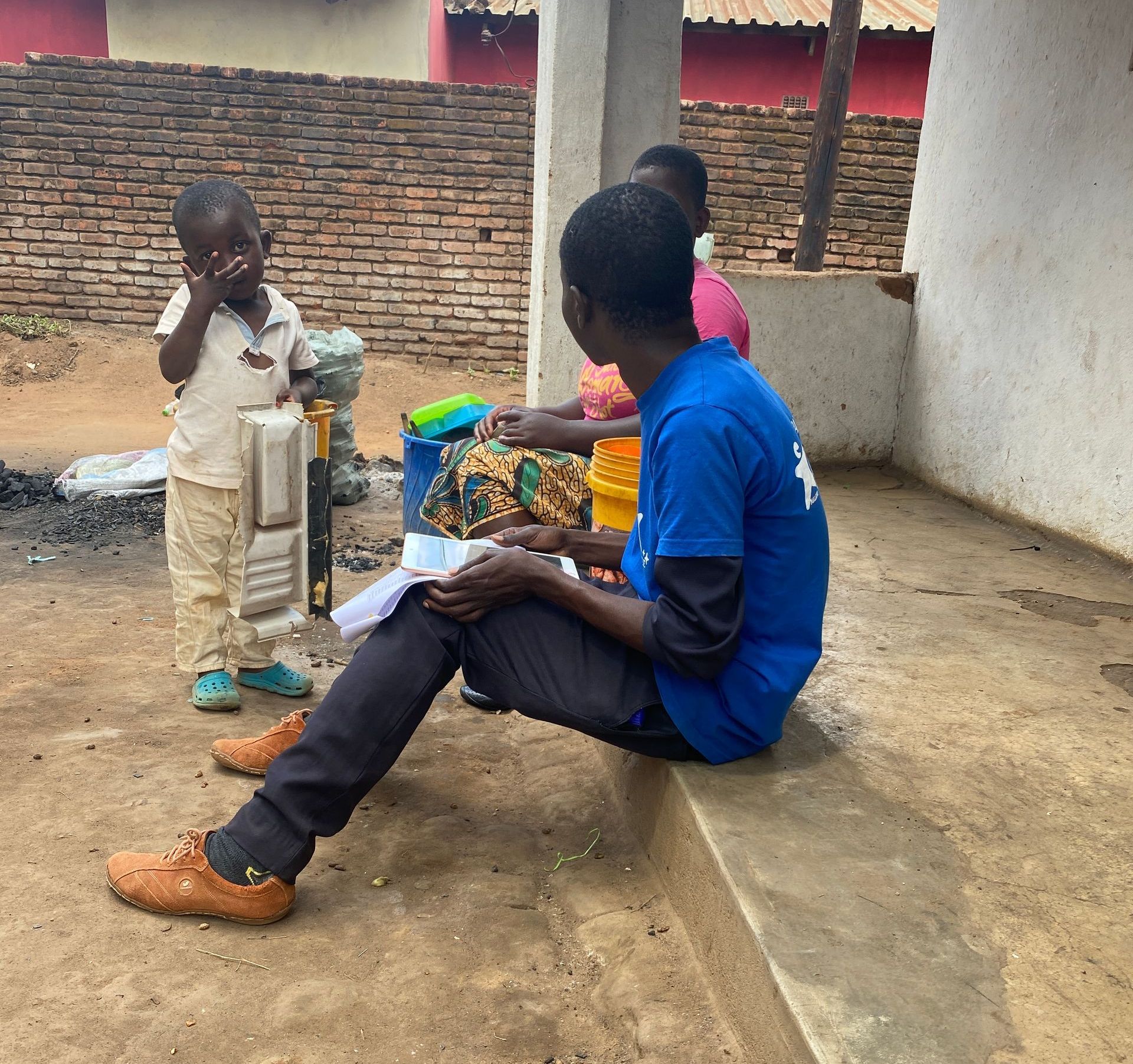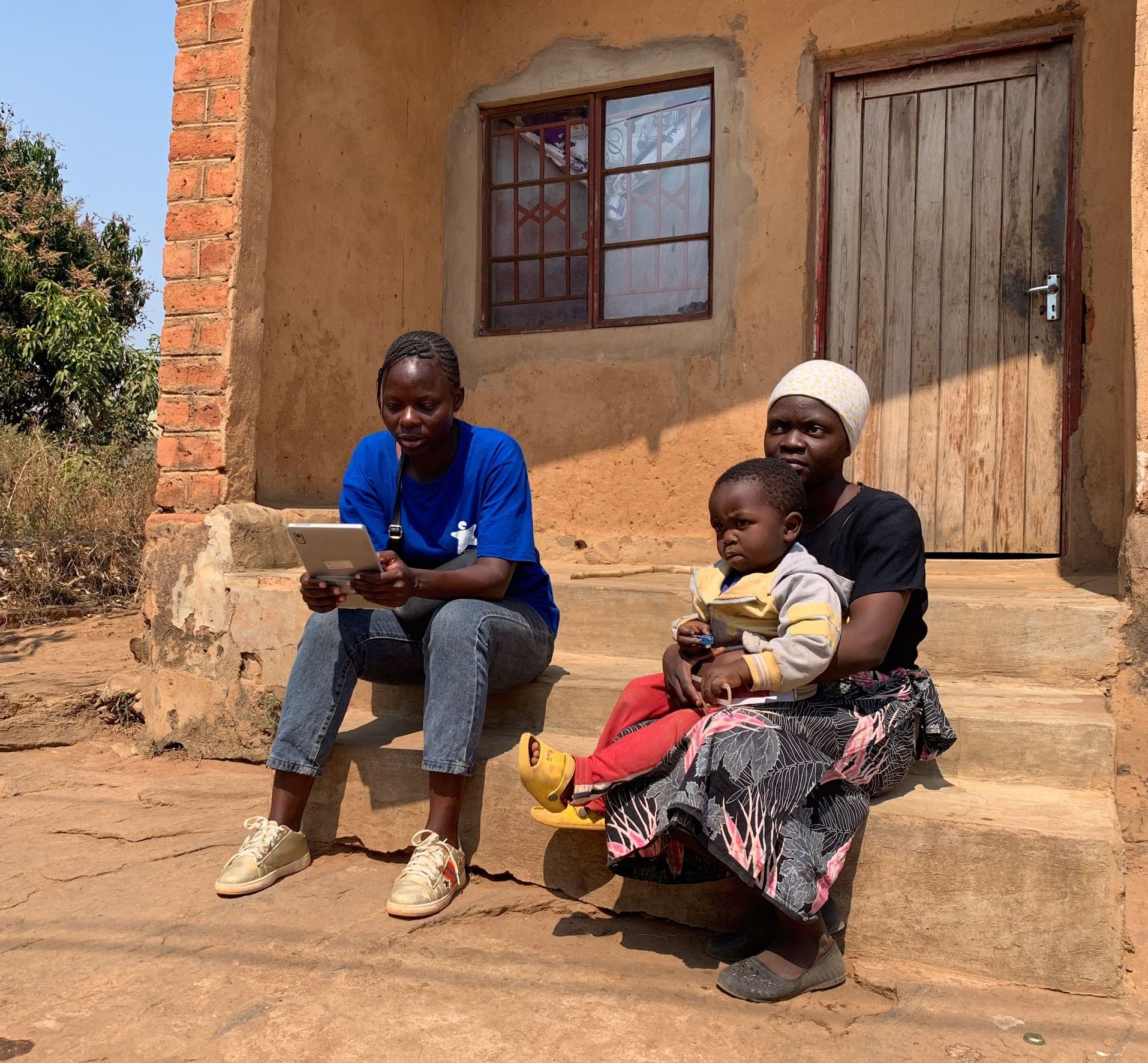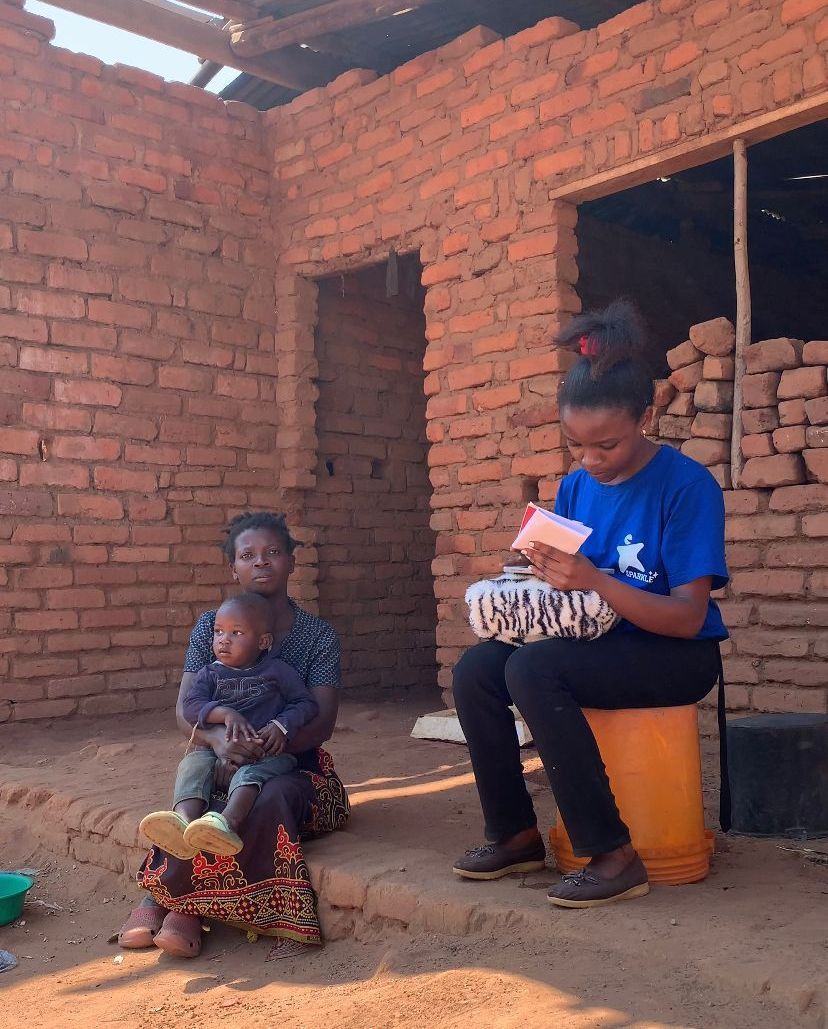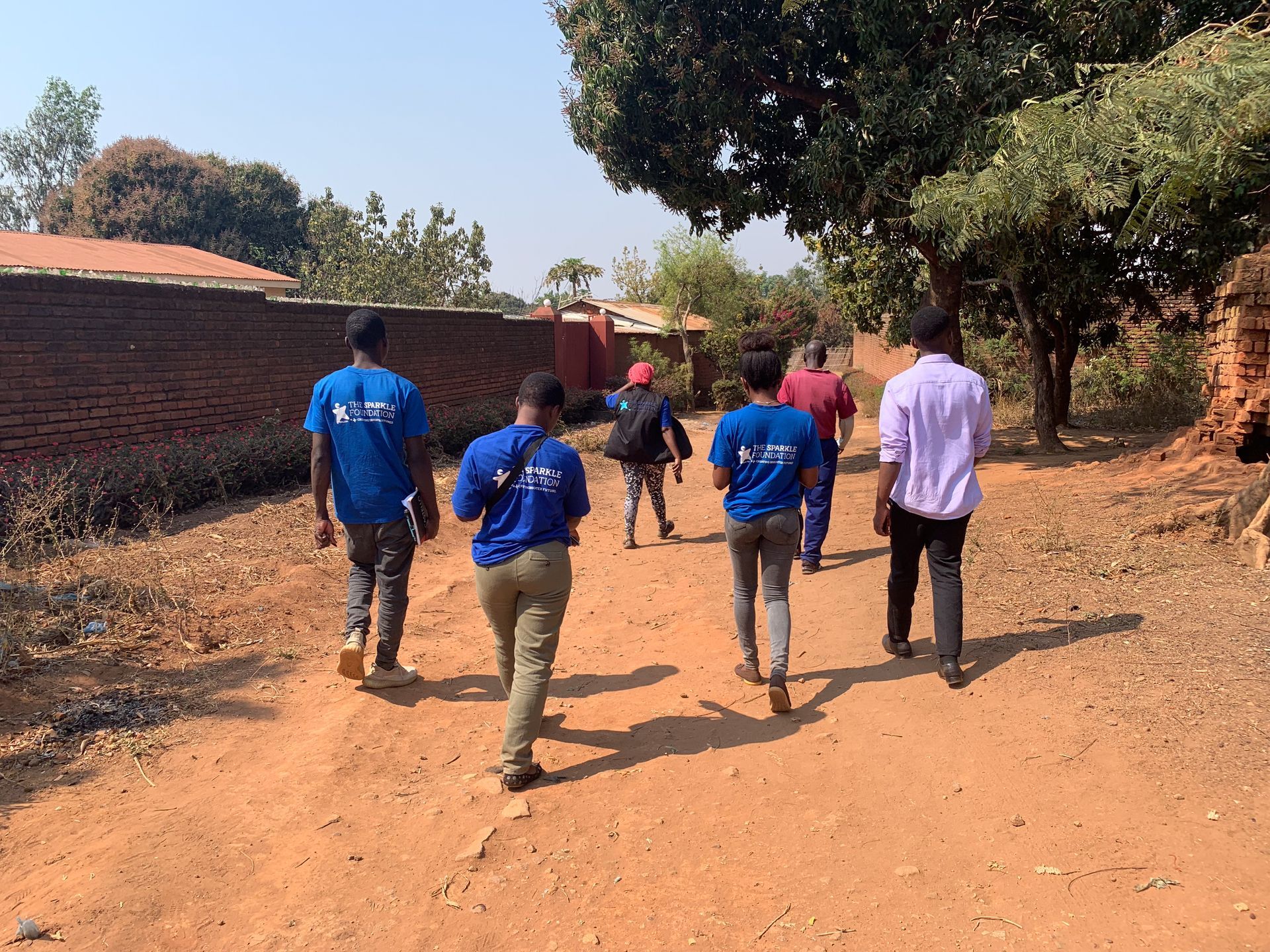Ensuring Access to Quality Early Childhood Education
How Vulnerability Assesments Drive Opportunities for All
Early childhood development (ECD) programs form the foundations for lifelong learning and development. In Malawi, a nation rich in cultural diversity but faced with significant developmental challenges, the importance of ECD is undeniable. Yet, access to quality ECD is still limited. As recent as 2022, only 34% of children aged 3.6 to 5.9 years attended early childhood education in Malawi. Those programs also grapple with significant gaps in resources and infrastructure.
The situation is even more critical in rural areas with limited access to education. Many children begin school without the necessary cognitive and social skills required for success, which can have an enduring effect on their academic and personal development. In addition, socioeconomic factors like poverty and parental illiteracy prevent families from adequately supporting their children's educational needs.
To help bridge the gap, The Sparkle Foundation provides free ECD services to children aged between 2.5 and 5.9 years old in the 18 villages of T/A Mwambo and 12 other villages of T/A Mkapita in Zomba District. These services are aimed at supporting children who might otherwise be left behind.
The Sparkle Foundation enrollment process for our ECD programs begins with a vulnerability assessment of households. This helps us to identify and support children from the most vulnerable homes who face barriers to accessing quality ECD programs. Local committee representatives identify potential candidates, and our team visits these households to interview parents or guardians using a structured questionnaire.
The questionnaire gathers detailed information on demographics, including family health, economic conditions, and home environment. This data is then used to calculate vulnerability scores, which guide us in prioritising children for enrolment. Through this process, we can identify vulnerable children and gain insight into their living conditions, needs, and challenges. Once enrolled, children advance through four classroom stages in our Early Childhood Development (ECD) program, preparing them for entry into primary school.
We adopt a comprehensive approach to delivering our program by empowering parents to actively support their children's learning, particularly in rural areas where literacy levels and formal education are limited. To address these challenges, we have implemented an Adult Literacy program, equipping parents and community members with essential literacy skills to better assist their children's education.
By delivering continuous professional development to our teachers, supported by Cognita school group, we equip them with the skills to cater to different learning styles. This ensures that all children thrive as we integrate the Malawi government's ECD curriculum with the Montessori approach.
The future of Malawi’s children depends on the quality of education they receive today. As we expand our reach and improve our programs, we invite partners, supporters, and the broader community to join us in this important journey. Together, we can unlock the potential of every child, creating brighter futures for them and laying a stronger foundation for Malawi as a whole.







